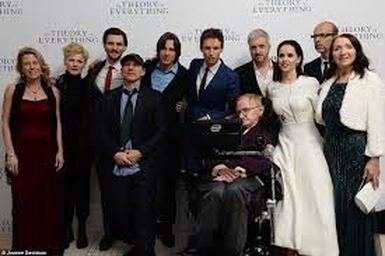 Stephen and grandchildren Stephen and grandchildren “I would consider assisted suicide only if I were in great pain or felt I had nothing more to contribute but was just a burden to those around me,” they said in the report. Assisted suicide is illegal in Britain, but there are four countries in Europe that allow the procedure. Legalized euthanasia or assisted suicide, or both are available in the Netherlands, Luxembourg, Belgium and Switzerland. Euthanasia is when a doctor intentionally ends the life of a patient and assisted suicide is where the doctor prescribes lethal drugs for the patient to take under their own steam. While it is a criminal offence in the UK to assist someone in taking their own life, in 2010 under the guidance of the Department of Public Prosecutions it is unlikely that friends and family would be prosecuted. There are indications that assisted suicide might become legal at some time in the future. The shadow justice secretary, Lord Falconer, plans to reintroduce a private member’s bill on the issue, which provides assistance for patients who have formed a “clear and settled intention” to end their life. It is highly unlikely to become law, however, without some kind of government support, which could take years. The arguments for and against the controversial procedure are basically the same in most countries internationally. Ethical and legal considerations in the United States In the Journal of Public Health at George Washington University the changing policies in how institutions view assisted suicide are discussed. The report concluded with many questions still unanswered, which speaks to the fact that many are not willing to accept physician assisted suicide or in general the idea of taking one’s own life. In summary the report left some questions. Should physicians join with patients and aid them in dying through active means? Is it reasonable to ask physicians to become purveyors of death? Do patients who cannot perform the act itself—like Stephen Hawking—have a legal right to voluntary active euthanasia? Do health services organizations have a role to aid in dying? Will the courts eventually define the right to die as a privacy issue? If this happens, health services will have to address assisted suicide from the perspective of its ethical implications and obeying the law. While there are proposals in a few countries to legalize assisted suicide and euthanasia, the ethical and legal considerations are numerous involving societal/cultural acceptances and a redefined delivery of care by physicians and health service organizations. The full interview will be broadcast as part of one-off programme, Dara O’Briain meets Stephen Hawking, on BBC1 on 16 June. Resources http://www.theguardian.com/science/2015/jun/03/stephen-hawking-i-would-consider-assisted-suicide?CMP=ema_565 http://www.crossrhythms.co.uk/articles/life/Euthanasia_And_Assisted_Suicide_In_Europe/51684/p1/ https://www.healthlawyers.org/Publications/Journal/Documents/Vol%2040%20Issue%201/Physician-Assisted%20Suicide-%20Legal%20and%20Ethical%20Considerations.pdf
3 Comments
Eileen
7/6/2015 04:42:30 am
Thanks Dava for an interesting report.
Reply
Dava Castillo
7/6/2015 09:58:27 am
Thank you for reading and commenting Eileen.
Reply
eileen
8/6/2015 04:56:34 am
I understand the difficulties but .... Leave a Reply. |
Dava Castillo
is retired and lives in Clearlake, California. She has three grown
children and one grandson and a Bachelor’s degree in Health Services
Administration from St. Mary’s College in Moraga California. On the
home front Dava enjoys time with her family, reading, gardening, cooking
and sewing. Archives
November 2015
|


